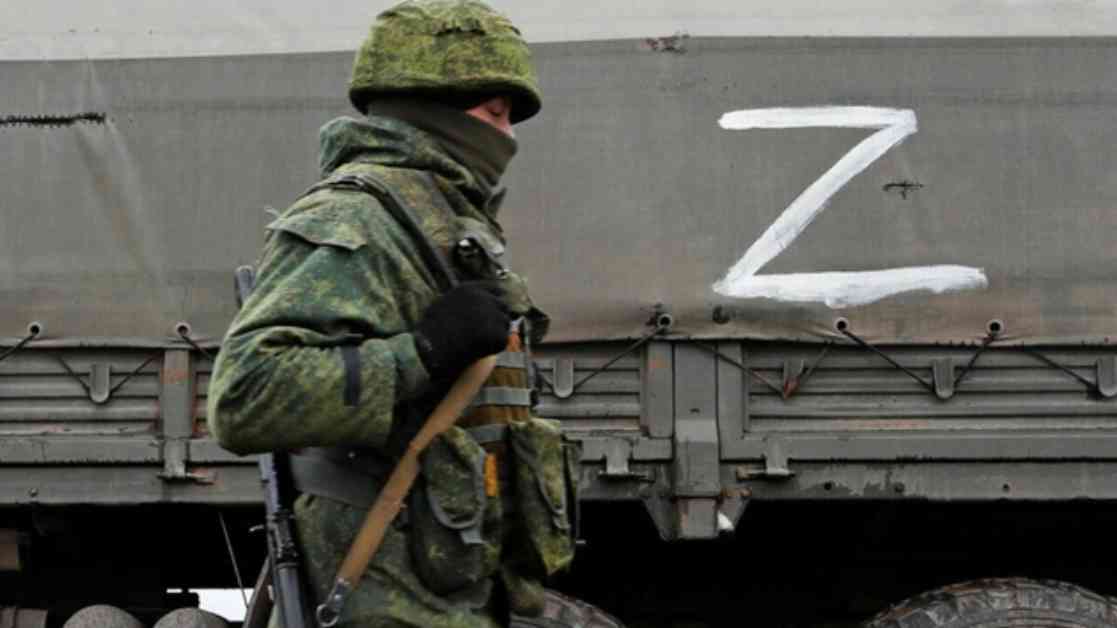Italy’s President Mattarella Compares Russia’s Actions to Nazi Germany, Sparking Diplomatic Tensions with Moscow
In a recent speech at the University of Aix-Marseille in France, Italy’s President Sergio Mattarella drew a controversial parallel between Russia’s actions in Ukraine and the aggression of Nazi Germany during World War II. This comparison has sparked outrage from Russia, with Foreign Ministry spokeswoman Maria Zakharova warning of consequences for Italy’s remarks.
President Mattarella’s speech highlighted the dangers of authoritarianism and the shift towards domination over cooperation, drawing a direct connection between the Third Reich’s project in Europe and Russia’s current aggression in Ukraine. Zakharova immediately criticized the historical parallels drawn by Mattarella, accusing Italy of supporting the Ukrainian government with lethal weapons and fueling tensions between the two nations.
Italy’s history as the birthplace of fascism under Benito Mussolini further complicates the situation, with Zakharova emphasizing the country’s past alliances during World War II. Despite the historical context, Italian politicians, including Prime Minister Giorgia Meloni, stood by Mattarella’s comments, asserting that Moscow’s response offended the Italian nation as a whole.
Italy’s Evolving Relationship with Russia
Italy’s complex relationship with Russia, once characterized by warm ties and political alliances, has undergone significant changes since the invasion of Ukraine in 2022. While former leaders like Silvio Berlusconi maintained close personal relationships with Russian President Vladimir Putin, current Prime Minister Meloni has taken a firm stance in support of Ukraine.
The shift in Italy’s foreign policy towards Ukraine reflects broader changes in European alliances and priorities, as countries navigate the complexities of international conflicts and historical legacies. Despite historical connections, Italy’s commitment to supporting Ukraine against Russian aggression underscores the evolving dynamics of diplomatic relationships in the region.
Challenges and Opportunities for Diplomatic Resolution
As tensions between Italy and Russia escalate over President Mattarella’s comments, both countries face challenges in finding common ground and maintaining diplomatic relations. The historical grievances and political dynamics at play complicate efforts to resolve the conflict and address the underlying issues driving the current crisis.
However, opportunities for dialogue and cooperation remain essential in preventing further escalation and fostering mutual understanding between Italy and Russia. As both nations navigate the complexities of historical memory and contemporary politics, diplomatic engagement and constructive dialogue can pave the way for resolving differences and promoting peace in the region.
In conclusion, Italy’s comparison of Russia’s actions to Nazi Germany has ignited diplomatic tensions and raised questions about the future of relations between the two countries. By exploring the historical context, evolving alliances, and diplomatic challenges at stake, both Italy and Russia can work towards a constructive resolution that promotes peace and stability in the region.

















